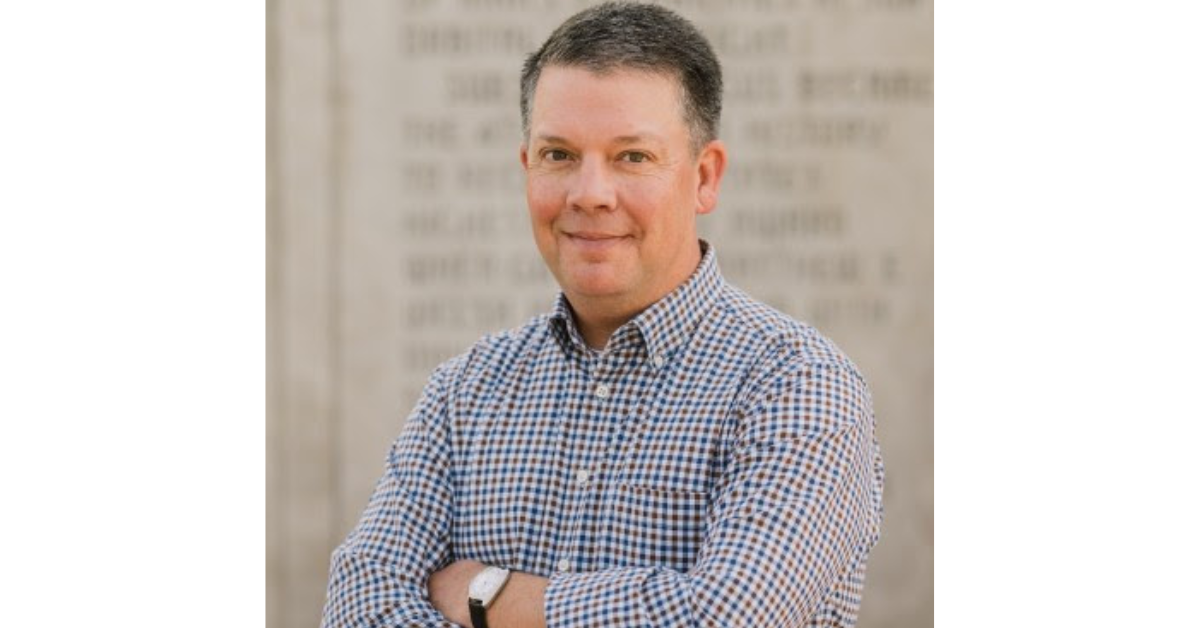Note to readers: This is the second in a series of stories taking a closer look at some of the projects in the Radius Indiana region receiving READI funds.
Carol Johnson, Southern Indiana Business Report
In addition to housing support, streetscapes, park improvements and other projects designed to raise the quality of life in the Indiana Uplands, the $24.6 million in Regional Economic Acceleration and Development Initiative funds announced by Regional Opportunity Initiatives in December also will expand youth counseling resources in five counties in the Radius Indiana region.
Youth First, a social services nonprofit headquartered in Evansville, received $200,000 for the Youth First Building Resiliency in Uplands Youth program.
Youth First currently has 11 state licensed social workers serving 21 schools in Daviess, Dubois, Martin, Orange and Lawrence counties. The grant will support those social work positions and social work interns in those schools. Social workers will work with students to deliver evidence-based mental health and prevention strategies to build the resilience they need to navigate life challenges without seeking relief from substance misuse, suicide, or violence.
Wade Lowhorn, vice president of operations at Youth First, said half the grant will pay for additional social workers and half will be used to provide paid internships to MSW (Master’s in Social Work) college students who will be assigned to schools.
“There is such a shortage of mental health professionals across the state and especially in rural communities. In some communities, the only social worker is the Youth First social worker in the school,” Lowhorn said. “The goal is to use these funds to attract these MSW students and once they get in the buildings and like the work, they will stay in the area.”
As part of the Building Resiliency program, social workers will work with students to develop coping and communication skills, resiliency, mood management and how to work with others – all skills that are needed in the workforce.
Social work may not look like economic development to some, but Lowhorn said the work of the social workers and Youth First is focused on planting seeds for prosperity.
“Today’s kids will be the next citizens, business owners and taxpayers,” Lowhorn said. “It’s a worthy investment to make sure they grow up with tools to cope and overcome personal adversities.”
Addressing childhood trauma
Mitchell Community Schools is in its first year of having a Youth First social worker in its buildings.
Dr. Brent Comer, MCS superintendent, said it was an “aha” moment that led him to add a social worker. MCS was seeing more and more students exposed to childhood traumas.
He said it was during a staff meeting to discuss trauma-informed care and social-emotional learning when a faculty member confessed to being unsure how to help a student and afraid of giving a student the wrong advice.
“I thought, ‘Aha, they are right. Guidance counselors are educated to provide academic support and we’re asking them to do something they are not trained for,” he said.
He approached David Miller, CEO of Hoosier Uplands, who referred him to Youth First.
The number of children who have experienced trauma such as divorce, witnessing or experiencing violence or emotional, physical or sexual abuse, neglect or home dysfunction caused by substance use, incarceration or mental illness is increasing. A study by the Centers for Disease Control found that adults who had multiple ACEs growing up are at greater risk for behavioral, physical, and mental health issues later in life.
Educators, said Comer, have known this for years.
“We’ve been screaming that we’re getting help in the wrong area. We’ve got kids that go through trauma that many of us can’t imagine,” Comer said. “The shared COVID trauma we all experienced wasn’t the first trauma experienced for many of our kids.”
Not addressing those traumas and then expecting children to absorb daily school lessons is neither fair nor realistic, he said.
“You can’t move the needle on academics if you ignore these issues,” Comer said.
In-school social workers can be an early warning system, Comer said, to support students and give them tools to cope.
Typically, it’s not until high school, when educators are focused on graduation rates that students who are at risk to graduate are identified for help.
“If we’re waiting until that summer between eighth and ninth grade, we’ve missed the window. If we want to change outcomes, we have to start sooner,” Comer said.
With an enrollment of 1,450 students, Comer is hoping to add a social worker at the elementary level and assign the current social worker to the junior high/high school.
In-school counselors are one piece of a changing culture that Comer says will lead to academic improvement for all students.
He said MCS recently received assessment scores that showed MCS students showed growth above the national average in English and math at every grade level.
“Our teachers have worked their tails off and you can’t ignore that we added something else and that’s a higher focus on social emotional learning and a social worker,” he said.
Youth First expands into Uplands region
Youth First started placing social workers in schools in 2002. About seven years ago, that effort moved into the Uplands area. In addition to MCS, all three Orange County schools systems have Youth First social workers, five are in the Daviess County school systems and Loogootee Community Schools has one social worker.
Schools partner with Youth First for the service. Lowhorn said schools end up paying just under half the cost. Youth First then offsets the remaining expenses by obtaining business and community support. For instance, Loogootee Community Schools receives support from a dozen community partners.
The growth of social workers in schools has happened via word of mouth as superintendents share the positives with one another. Schools have integrated social-emotional learning into their curriculums and teachers work with students on those skills, but by having social workers in the buildings, Lowhorn said it allows teachers to focus on academics.
“They certainly value the service,” Lowhorn said. “That’s the biggest mark in their belief in the service is they’re willing to put their money toward it.”
Youth First evaluates each school’s program annually and students are only seen with parental consent.




